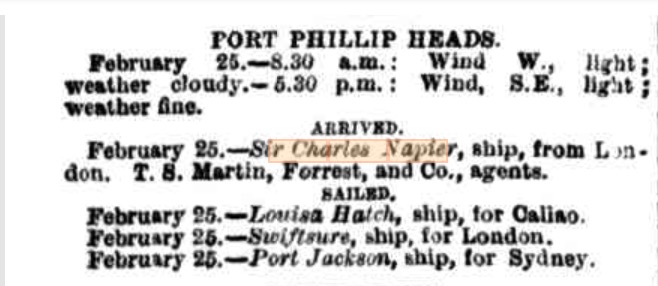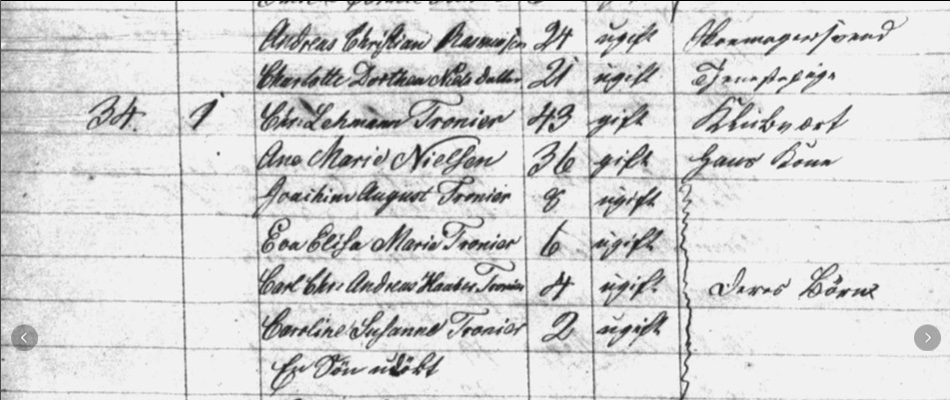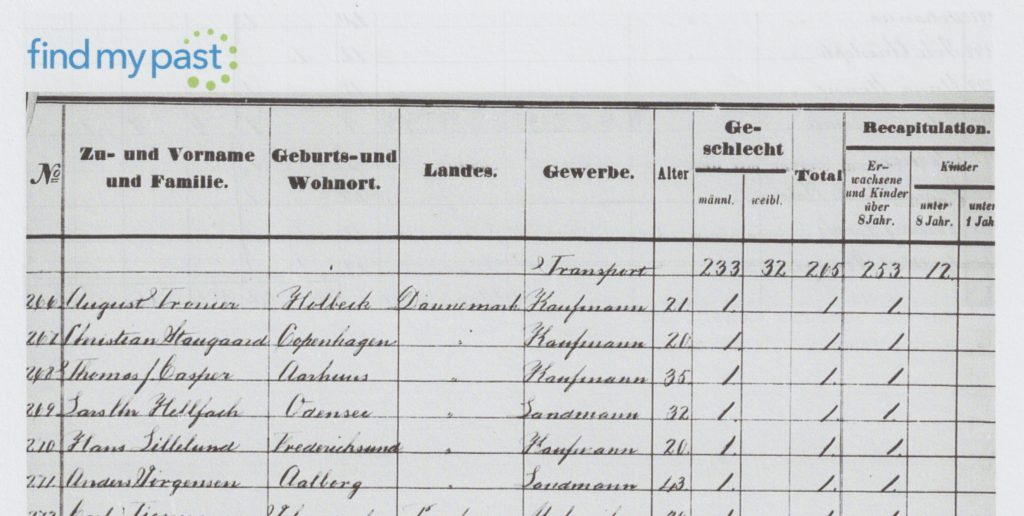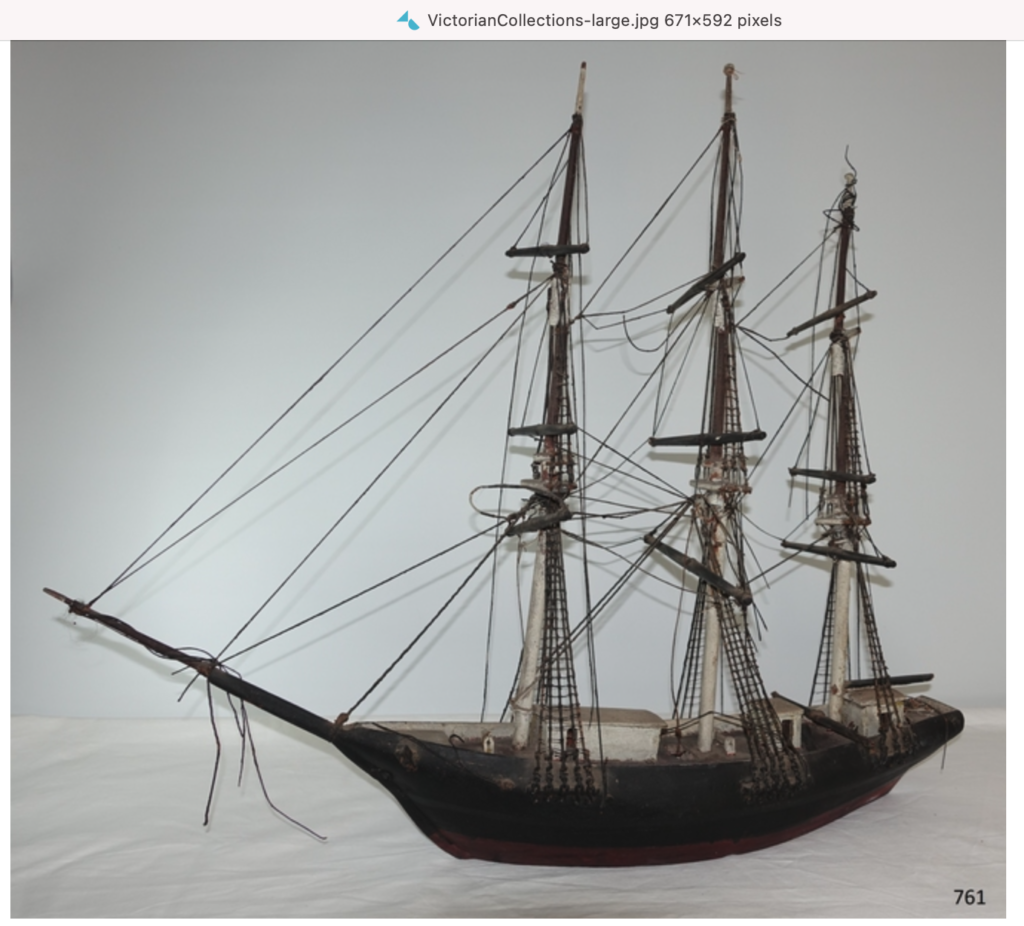When did Carl Christian Andreas Haaber Tronier come to Australia?
It was a fine sunny morning when the ship Sir Charles Napier arrived in Port Phillip Bay. On board the vessel were 93 passengers in second class and one passenger in steerage. Our two times Danish great grandfather Carl Christian Andreas Haaber Tronier, was a 21-year-old passenger on board the ship. Carl had left London in late November 1857, probably with the weather cooling down to arrive in Australia on a warm sunny day, so he must have felt very excited to reach the Australian mainland on 25 February 1858 finally.

It was a fine sunny morning when the ship Sir Charles Napier arrived in Port Phillip Bay. On board the vessel were 93 passengers in second class and one passenger in steerage. Our two times Danish great grandfather Carl Christian Andreas Haaber Tronier, was a 21-year-old passenger on board the ship. Carl had left from England in late November 1857, probably with the weather cooling down to arrive in Australia on a warm sunny day, so he must have felt very excited to reach the Australian mainland on 25 February 1858 finally.

His elder brother Joachim had already come to Australia in September 1853 on the ship Wilhelmsberg. Joachim Augustus Tronier left Denmark when he was 21 also to come to Australia to make his fortune.4 Around this time in Denmark, there was lots of news about gold being found in the colony. Their father, Christian Lehmann Tronier, was a merchant in Soro, Denmark. The boys had a comfortable life at home in Holbæk, but they wanted to improve their circumstances with a start in a new country with greater opportunities to find that Australian gold.

The ship Wilhelmsberg a three-masted square rig sailing ship was on its maiden voyage from Hamburg to Australia. Historically this vessel has been recognised for the number of people carried on board for the size of this barque. There were five hundred and ten passengers transported, including emigrants under the Bounty Scheme to Victoria. The holds the record for the number of passengers carried in one journey on such a small vessel according to historical information in the Victorian Collections-Flagstaff Hill Maritime Village.

Victorian Collections-Flagstaff Hill Maritime Village
